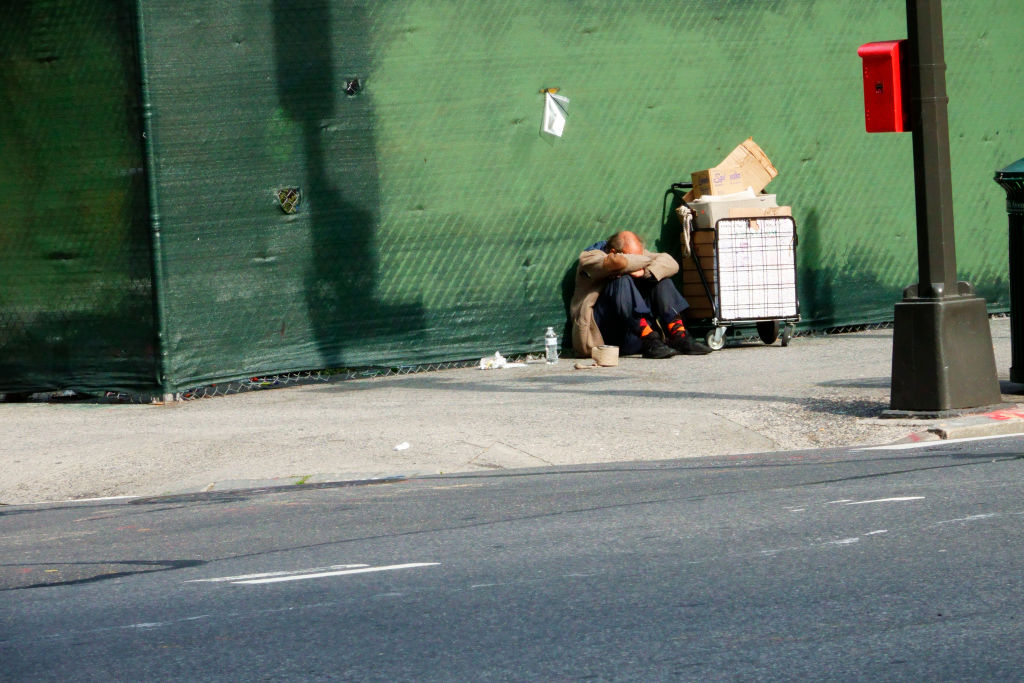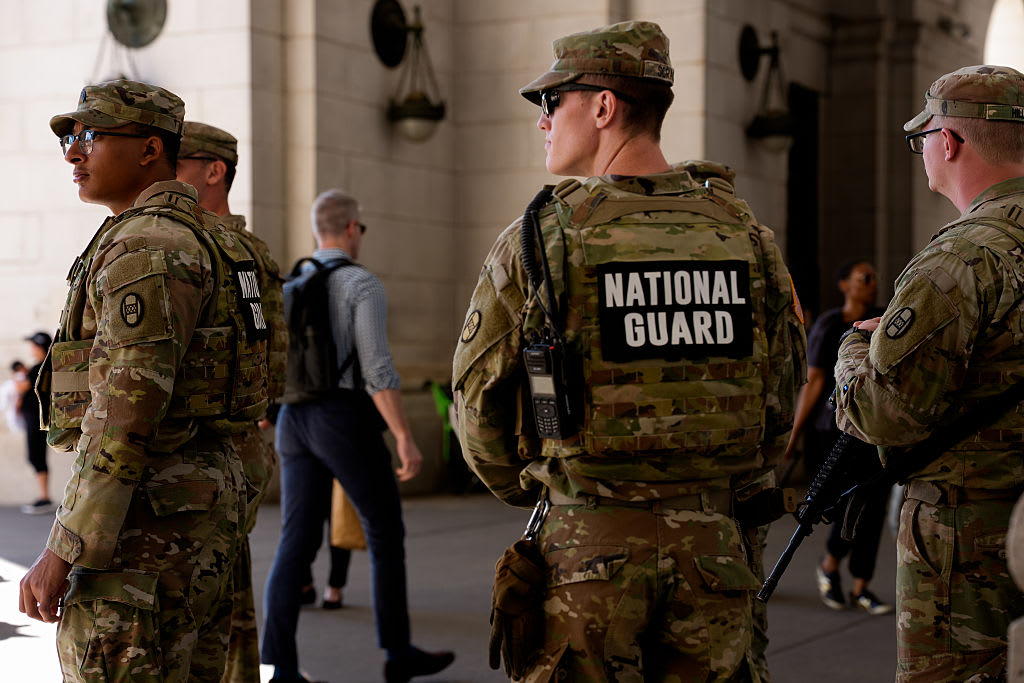Newsom issues executive order to begin removing homeless encampments in California
California Gov. Gavin Newsom issued an executive order Thursday for the removal of homeless encampments in the state.
Newsom's order would direct state agencies on how to remove the thousands of tents and makeshift shelters across the state that line freeways, clutter shopping center parking lots and fill city parks. The order makes clear that the decision to remove the encampments remains in the hands of local authorities.
The guidance comes after a decision by the U.S. Supreme Court earlier this summer allowing cities to enforce bans on sleeping outside in public spaces. The case was the most significant on the issue to come before the high court in decades and comes as cities across the country have wrestled with the politically complicated issue of how to deal with a rising number of people without a permanent place to live and public frustration over related health and safety issues.
"We must act with urgency to address dangerous encampments," Newsom said in a statement.
While Newsom cannot order local authorities to act, his administration can apply pressure by withholding money for counties and cities.
California is home to roughly one-third of the nation's population of homeless people, a problem that has dogged Newsom since he took office. Newsom touted that his administration has spent roughly $24 billion aimed at cleaning up streets and housing people but acknowledged the stubbornness of the issue. Newsom's administration has also come under fire recently after an audit found that the state didn't consistently track whether the huge outlay of public money actually improved the situation.
Newsom has made homelessness a signature issue as California governor. He pushed and campaigned for a ballot measure earlier this year to allow the state to borrow nearly $6.4 billion to build 4,350 housing units.
The order comes as Republicans have stepped up their criticisms of California and its homelessness crisis as Vice President Kamala Harris — a former California district attorney, attorney general and senator — launches her presidential campaign. Harris entered the race over the weekend after President Joe Biden announced that he would not seek reelection.
The timing of the executive order is "curious," said California political analyst Brian Sobel, but he doubts Newsom's move would have much impact on Harris' campaign.
"Harris' problem isn't in California, because California is a done deal," he said. "Where she needs to do well on issues like this are in swing states."
Rather, the order is a logical step for Newsom, who called himself the state's "homeless czar" and made homelessness a signature policy issue the last few years, said Wesley Hussey, a political science professor at California State University, Sacramento.
"I don't think it's being motivated by the presidential race as much as it's definitely something that Newsom cared a lot about," Hussey said. "If you're going to put it in a political context of the election, this isn't going to magically fix the problem."
Newsom's decision garnered praise from local elected officials and business groups, who said they were left with no options to address homeless encampments before the Supreme Court's ruling. San Francisco Mayor London Breed recently said the city will start an "aggressive" campaign to clear encampments across the city in August. Her office noted that the governor's order does not affect the city's operations.
"I applaud Governor Newsom's emphasis on urgency," Kathryn Barger, a member of the Los Angeles County Board of Supervisors said in a statement. "He rightfully points out that local government remains at the helm of homeless encampment removals. Cities have an obligation to develop housing and shelter solutions in tandem with support services provided by County government."
Homeless people and their advocates say the sweeps are cruel and a waste of taxpayer money. They say the answer is more housing, not crackdowns.
Under Newsom's direction, state agencies — including state parks and department of transportation — would be required to prioritize clearing encampments that pose safety risks, such as those camping along waterways. Officials should give advance notice to vacate, connect homeless people to local services and help store their belongings for at least 60 days. Local cities and counties are urged to adopt similar protocols.





